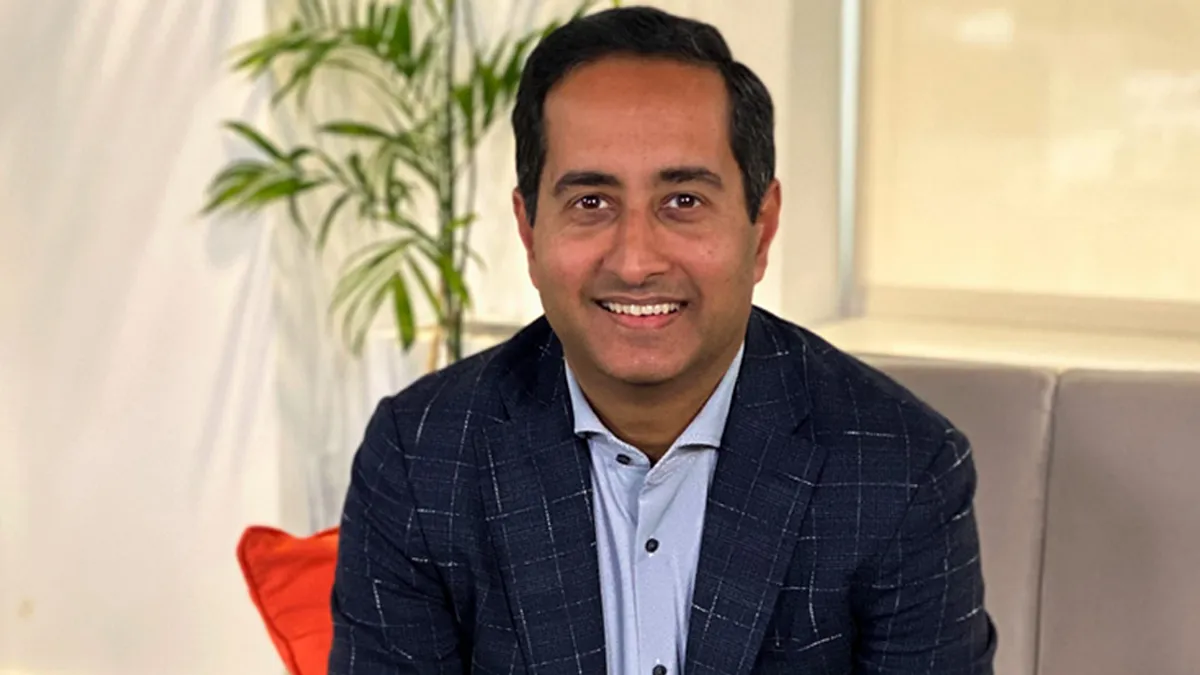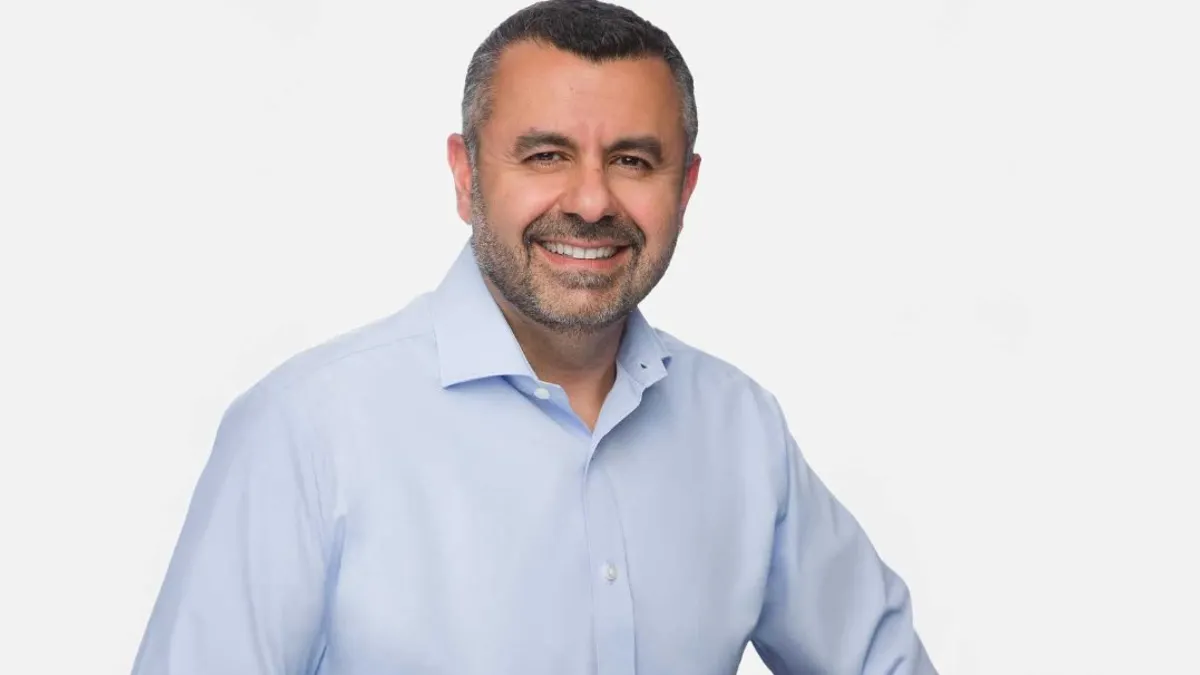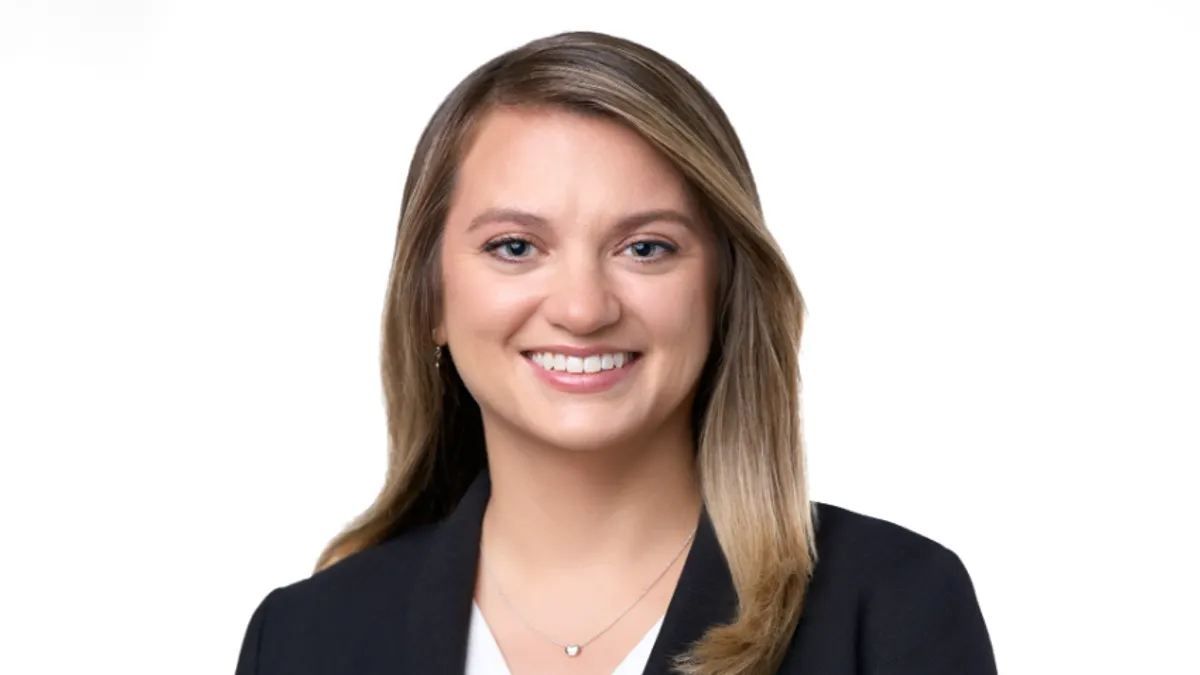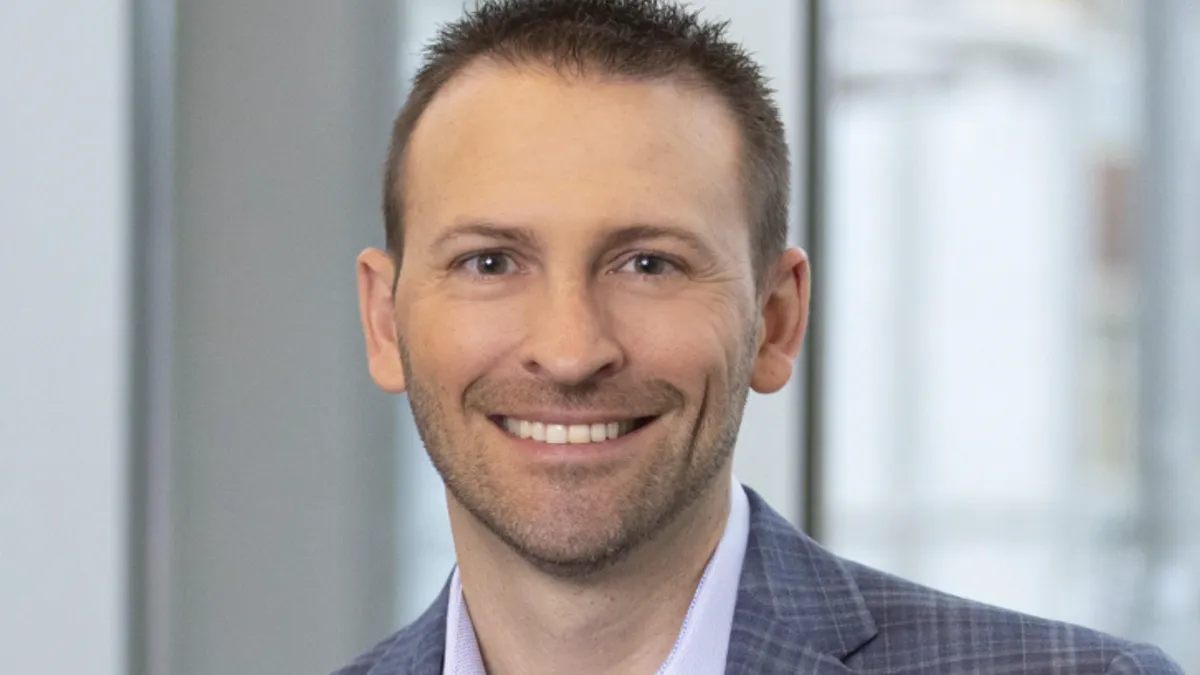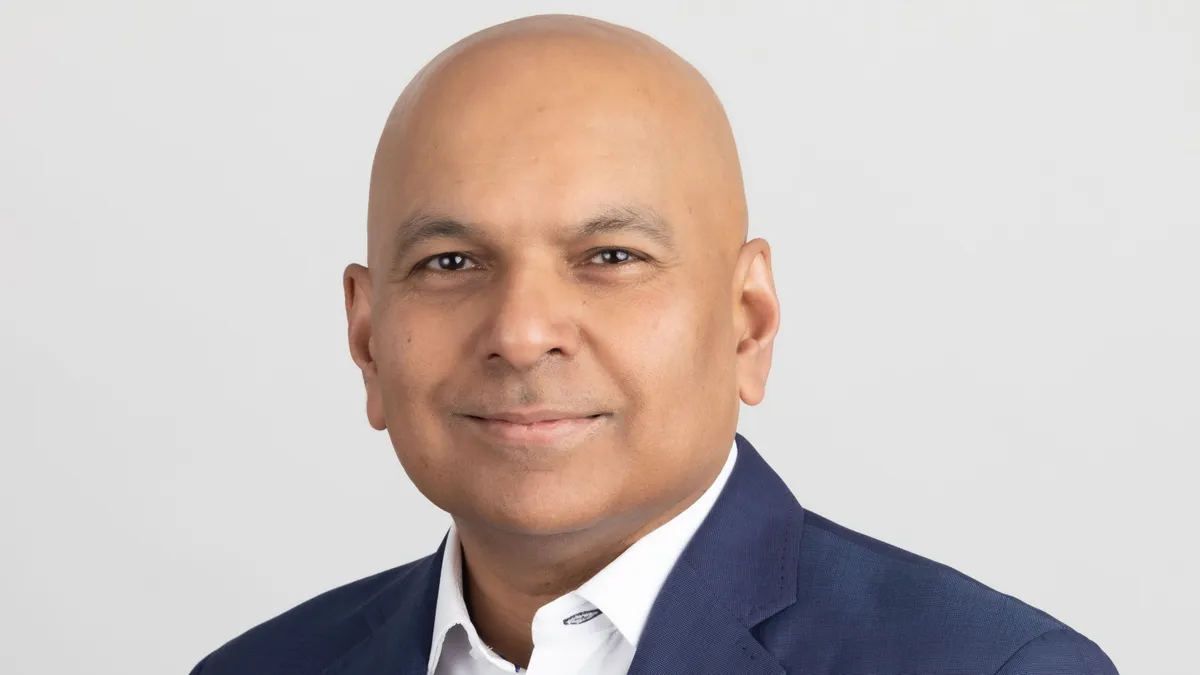A self-taught drummer, an improv comic and a strategic operator – it's not the usual mix of qualifications for a CEO in the healthcare space. But that combination of analytical thinking and creative ingenuity could give Shankar Narayanan an edge as the newly named CEO of Real Chemistry, a global health services, communications and consulting company.
“Drumming started as a hobby for me, but I realized that when I was able to get together with other musicians at work and bring people together, it is a tremendously powerful force for culture,” he says. “In terms of the improv, it taught me to be present. The power of improv is that there is no script or predefined agenda — you have to be really present and listen and respond to what your scene partner is doing, and this has taught me to be fully engaged.”
Named to the top spot in January, Narayanan is already making his presence and engagement known by embarking on a listening tour with company employees and clients to understand the Real Chemistry landscape. Narayanan is also collaborating with founder Jim Weiss, who launched the company in 2001 as W2O and now serves as chairman. In March 2021, the company underwent a rebrand, and in the past 24 months has closed multiple acquisitions and grown to more than 1,500 people in 15 locations worldwide.
Narayanan brings decades of experience ranging from global pharma as a partner to healthcare practice at McKinsey to leading a P&L as a global head of life sciences at Cognizant. He also led the payer access company Equian as chief operating officer, which was later purchased by Optum.
Narayanan’s new role at Real Chemistry sprouted from his position at Equian, where he and Weiss became acquainted through their individual connections to the private investment banking firm New Mountain Capital in the fall of 2021.
In today’s installment of our continuing series, The First 90 Days, Narayanan shares his transition into the CEO role, his strategic vision for the company and the trends he and the company’s clients are tracking.
PharmaVoice: Stepping into a company founder’s shoes is never easy. How has the transition been?
Shankar Narayanan: I would say the transition has gone exceptionally well. We quickly realized that [Weiss and I] are very complementary leaders. Jim is the classic founder’s founder. He is a man full of ideas — he’s a serial entrepreneur. He has terrific energy around pursuing a lot of those ideas. I complement this energy as a strategic operator. I don’t think of my role as a replacement or transition as much as a teaming up with Jim, so he can focus on the thing that he excels at around his vision and his relationship with our clients and being a terrific creative ideator and problem solver. And I get to focus on building the organization, building the culture and taking the business forward with a strong focus on operational foundation.
I think the big “a-ha” moment for both of us was when we realized that as a team we can be one-plus-one to equal 11. Once we came to that understanding, and being thoughtful about how we can collaborate in practical ways, we’ve formed a great partnership.
What is your plan to move the organization forward?
It's definitely going to be a journey. There are some things that are foundational and don't change, such as a relentless focus on clients and client centricity. There is also a strong element to the culture around collaboration and to having a lot of fun. Maintaining the culture and continually creating growth opportunities for people doesn’t change either. Much of my focus will be looking ahead to big areas of investment and focus, making sure we have the team that can deliver against that vision and organizationally having the right infrastructure in place as well so that we can continue to scale and grow rapidly.
What are some of those investment opportunities?
Increasingly, the focus is on more specialty therapies and rare disease. Today, compared with 10 years ago, the industry is generating probably 25% more revenue, but it's coming by treating probably one-tenth the number of patients.
The focus for our clients has been shifting steadily toward very specialized areas of treatment. By working with our clients we want to help them in that journey — help them identify the patients that they want to treat; help them identify, engage and understand the physicians who provide treatment; and engage, connect and activate both patients and physicians across the treatment lifecycle.
What are some of the key trends you’re tracking with your clients?
One, the clinical risk in the portfolio is now higher than it was 10 years ago, especially with cell and gene therapies — the path for clinical success is not just a straight road. It's much more of a long and winding road. How clients manage that risk is definitely keeping them up at night.
They are also looking at how to balance the investment in new and innovative areas with the overall growth and performance of the broader business. And to paraphrase a quote from Vladimir Lenin, there are decades when nothing happens, and there are weeks when decades happen. I would modify this slightly and say, especially after the past two years, it feels like there’s been decades of movement in the past 24 months — for example, the shift toward digital health, telemedicine, delivery of care, commercial field force engagements with physicians, the role of medical information and more specialized treatments and therapies.
There is also a greater need for medical content and medical information that physicians and patients can access in an easy-to-consume consumer manner. And continuing conversations around value and access as more and more therapies are going to be priced north of $100,000 become more significant. I think the whole landscape around making sure that access to these treatments is equitable across all strata of society, whether it's economic or racial or ethnic, is going to be an important focus, both in the commercial setting and in the clinical setting.
What were some of the key areas of focus in your first 90 days?
I came in with two very broad objectives. First, I wanted to listen and learn as much as possible.
And the second objective, because we were starting off a new year, was to get a strong start in terms of the business. In terms of listening and learning, it's been a 360-degree experience, talking to a lot of our people across our businesses and our client organizations. I was able to spend some time with our teams in Austin, New York and Boston and some of the other locations we have. I wanted to learn what makes us unique and differentiated in the marketplace. What are the keys to the culture? What do our people enjoy the most about working here, and equally, what are some of the things that people want to change?
You’ve had several multi-faceted roles during your career. How does this experience give you an edge as CEO?
Before joining Real Chemistry. I had the good fortune of working at three different organizations. I spent about 15 years at McKinsey, a management consulting firm, where I came away with three key learnings. The most important lesson was how to achieve client impact and solve some of the hardest problems.
Second was the people mission, and making sure the firm created an enduring place for people to grow and develop. There was an intense focus on personal development, people, feedback and coaching.
And third, I learned a lot about the pharma industry, as I was focused on serving pharmaceutical science. My time at Cognizant was very informative in terms of two dimensions. One was making the transition from being a consultant to being a P&L owner and an operator of a business; this was an important life lesson. Also, because Cognizant has a strong position around digital transformation, especially as it relates to the life sciences, from the clinical development side to the commercial side to the manufacturing and supply side, that was a great learning.
And then lastly, my time at both Equian and then at Optum, I came away with two big lessons. One was working and operating in a private equity owned environment. Cognizant is a publicly listed company, whereas Equian was private equity owned, and there are some important differences. Second, I got a very good and deep understanding of the payer landscape, which broadened my view of the healthcare ecosystem. I love learning new things at all times. As I sit back and reflect, all of those collective experiences have been quite instrumental in helping me get to this role and execute in this role.
How would you define yourself as a leader?
I would call myself a servant leader. I realized over my 25-year career, I'm never going to be the smartest man in the room. I'm rarely the most informed or the expert on a given subject matter. My success will come if I'm able to surround myself with the best and the brightest minds. I've learned to spend a disproportionate amount of time on people and making sure they have what they need to be successful.


